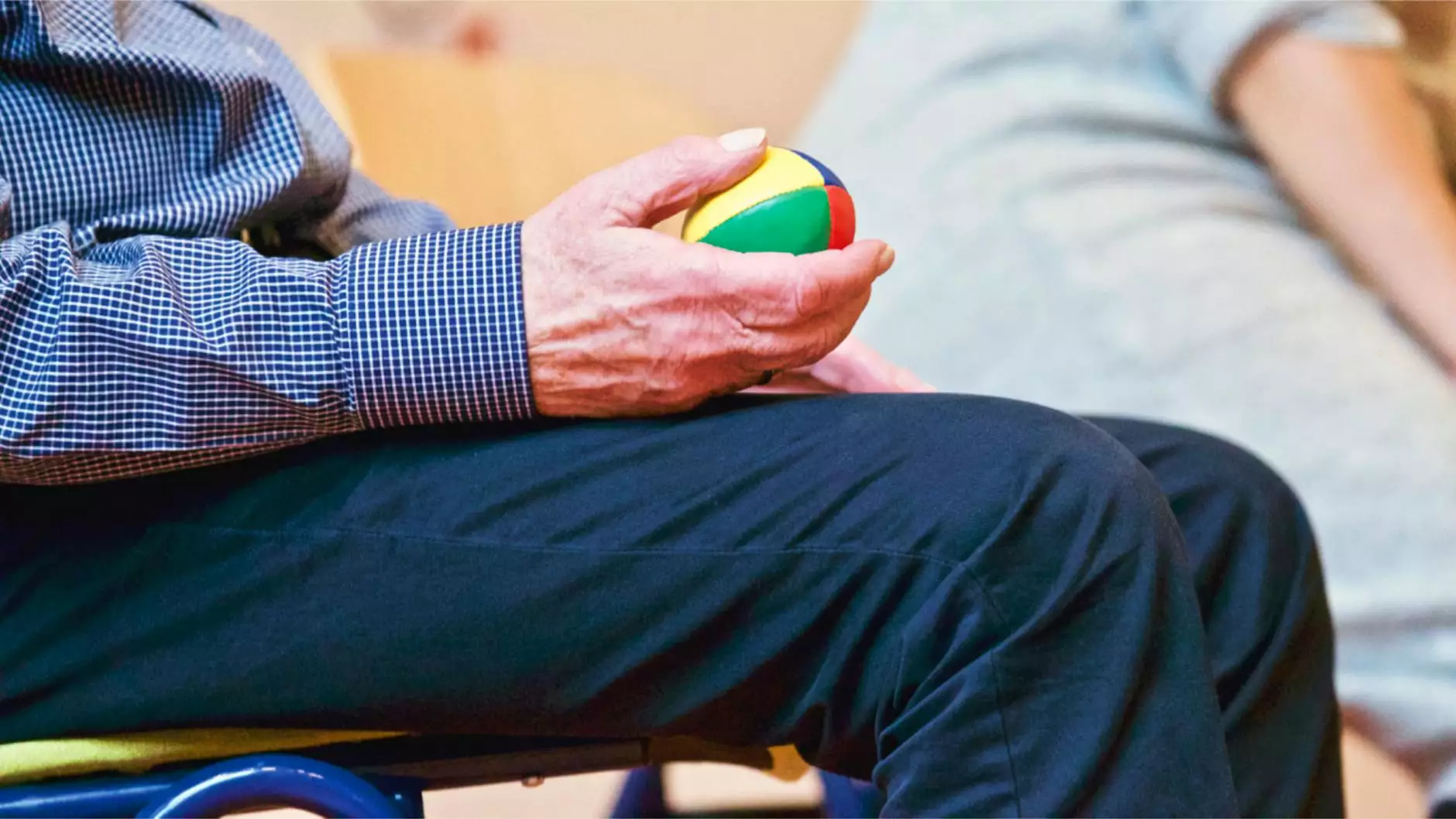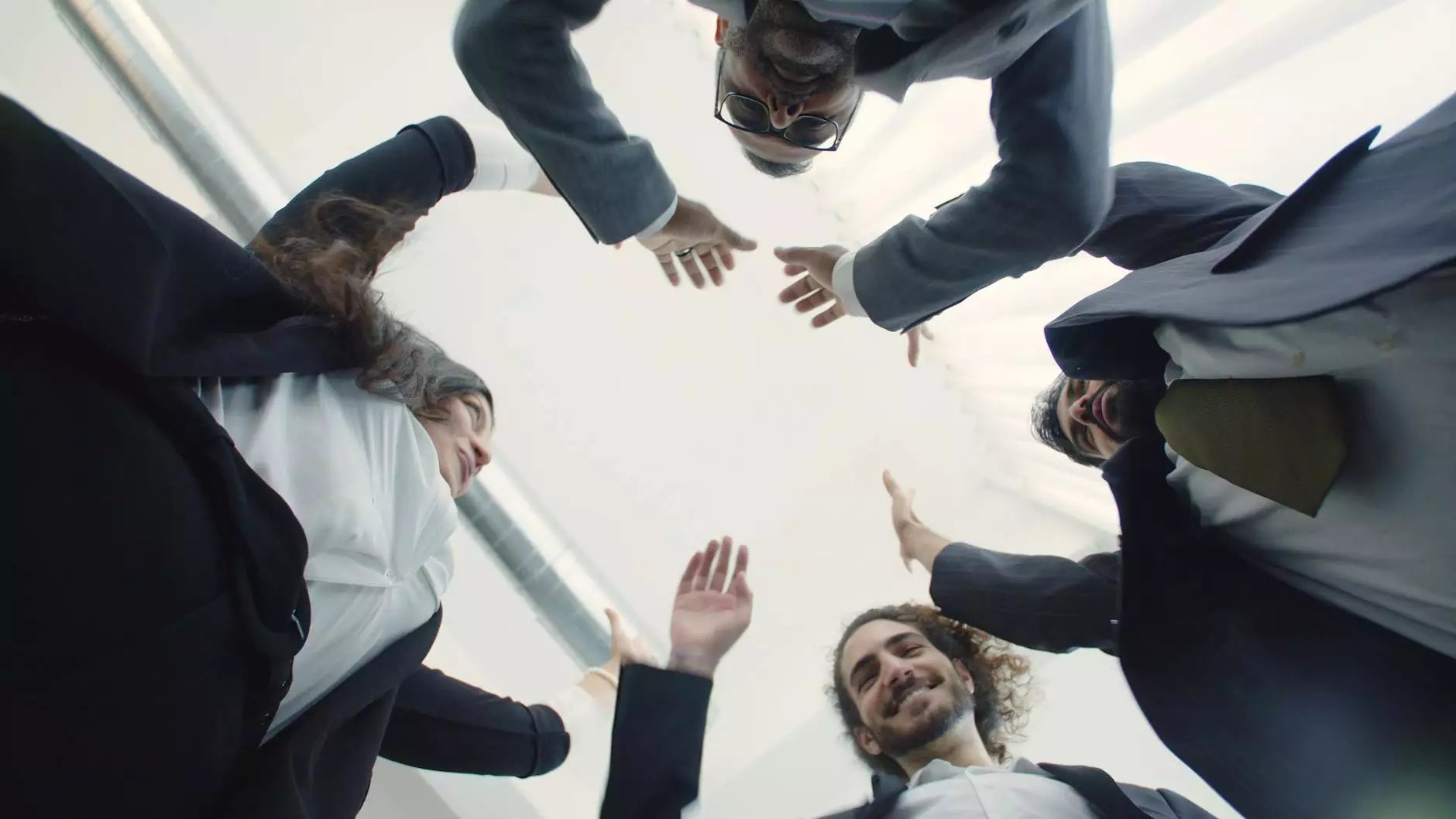The Essential Role of a Lung Doctor in Health & Wellness

Maintaining optimal respiratory health is crucial for overall wellness, especially in today's fast-paced environment. A dedicated lung doctor, known as a pulmonologist, plays an invaluable role in diagnosing, treating, and managing conditions related to the respiratory system. This article provides an in-depth exploration of the services offered by a lung doctor, with a specific focus on how their expertise benefits individuals across different categories, including Health & Medical, Sports Medicine, and Physical Therapy.
Understanding the Role of a Lung Doctor
A lung doctor specializes in the diagnosis and treatment of respiratory diseases. Their expertise extends beyond mere ailments; they provide a comprehensive approach to enhancing lung health and functionality. This section explores their primary responsibilities:
- Diagnosis of Lung Conditions: A pulmonologist conducts thorough evaluations to diagnose conditions like asthma, chronic obstructive pulmonary disease (COPD), and lung infections.
- Management of Respiratory Diseases: Once diagnosed, a lung doctor formulates personalized treatment plans that may include medications, lifestyle changes, and rehabilitation.
- Performing Procedures: They are skilled in various procedures such as bronchoscopy, which allows them to visualize the lungs and perform interventions as necessary.
- Promoting Preventive Care: A lung doctor emphasizes preventive measures, educating patients on avoiding exposures that may harm lung health.
- Collaboration with Other Health Professionals: They frequently work alongside other healthcare providers, such as primary care physicians and physical therapists, to ensure comprehensive patient care.
The Intersection of Sports Medicine and Lung Health
For athletes and active individuals, respiratory health is pivotal in achieving peak performance. A lung doctor provides specific insights into how lung health impacts athletic performance:
Enhancing Athletic Performance
Understanding the respiratory demands of different sports is essential. A lung doctor can assist athletes by:
- Assessing Respiratory Function: They perform pulmonary function tests to evaluate how well lungs are working and tailor training regimens based on individual respiratory capacity.
- Identifying Limitations: Many athletes may not realize they have underlying lung issues. A thorough assessment can identify conditions like exercise-induced bronchoconstriction.
- Providing Rehabilitation: Post-injury or post-operative rehabilitation, incorporating respiratory therapy, can significantly enhance recovery times and improve performance outcomes.
Athletic Population and Respiratory Treatment
In jurisdictions where sports and physical activities are heavily emphasized, a well-rounded approach involving a lung doctor is critical. This includes:
- Tailored Exercise Plans: Collaborating with trainers to design exercise plans that consider respiratory health.
- Education on Breathing Techniques: Teaching athletes proper breathing techniques enhances oxygen uptake and endurance.
- Preventing Harmful Exposures: Guidance on minimizing exposure to pollutants and allergens that may exacerbate respiratory problems.
The Importance of Physical Therapy in Lung Health
Physical therapy and respiratory health are closely linked. Here’s how a lung doctor and physical therapists can collaborate to improve lung function:
Integrating Respiratory Therapy
A comprehensive pulmonology approach can be enhanced with physical therapy, focusing on:
- Breathing Exercises: Physical therapists can teach exercises that strengthen the respiratory muscles and improve ventilatory function.
- Cough Techniques: Educating patients on effective coughing strategies to clear mucus and maintain airway cleanliness.
- Individualized Rehabilitation Programs: Tailoring rehabilitation for patients post-surgery, particularly lung surgeries, can significantly enhance recovery.
Post-Surgery Recovery
For patients recovering from thoracic surgeries, the role of the lung doctor in conjunction with physical therapy is critical:
- Monitoring Recovery: Continuous assessments to ensure proper healing and lung function post-operation.
- Mobilization Plans: Gradually introducing physical activity while ensuring that the patient does not overstrain themselves is key to recovery.
Preventive Care and Lung Health Education
Education and prevention are cornerstones of effective lung care. A lung doctor is vital in disseminating valuable information to patients:
Raising Awareness
A reliable lung doctor offers educational resources regarding:
- Smoking Cessation Programs: Programs tailored to help individuals quit smoking, thus significantly improving lung health.
- Allergen Avoidance: Strategies to avoid allergens that trigger asthma and other respiratory diseases.
- Healthy Lifestyle Choices: Recommendations on nutrition and exercise that support lung health and overall well-being.
The Role of Community Initiatives
Many lung doctors participate in community health initiatives:
- Screening Events: Offering free lung health assessments during public health events.
- Workshops: Hosting workshops that educate the community on respiratory health, related legislation, and health rights.
Conclusion: The Unmatched Value of a Lung Doctor
In conclusion, the importance of a lung doctor in promoting lung health cannot be overstated. Their expertise not only aids in diagnosing and treating conditions but also plays a critical role in enhancing physical performance, especially in sports medicine.
By integrating physical therapy and preventive education, a lung doctor ensures a comprehensive approach to patient care. Individuals seeking enhanced lung health, whether for professional athletic pursuits or everyday wellness, will find immense value in the services provided by a skilled pulmonologist.
Prioritizing lung health is a step toward enhancing quality of life. For those in Singapore, consulting resources at hellophysio.sg can guide you to expert practitioners who understand the intricacies of lung health, encouraging a healthier lifestyle and ensuring exceptional respiratory care.









